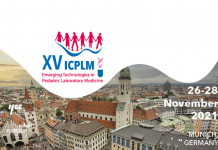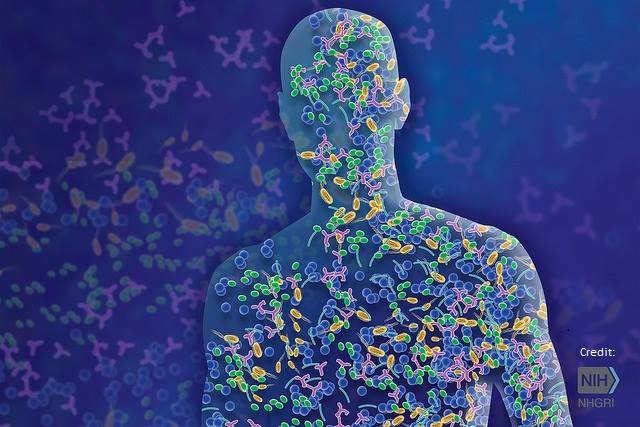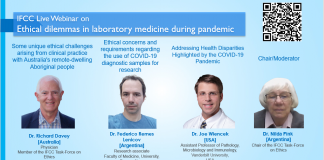The research, revealed at the 69th AACC Annual Scientific Meeting & Clinical Lab Expo in San Diego, could lead to promising new treatment options for children with autism as well as earlier detection of the disorder.
The scientific community has made great strides in understanding the genetic and environmental risk factors behind autism spectrum disorder, but the core mechanisms of the condition remain a mystery. Although different forms of therapy can improve autism symptoms, researchers have yet to uncover a comprehensive treatment solution. In addition, autism is difficult to diagnose before the second year of life. An assay that detects autism earlier in children or newborns could lead to more effective therapeutic and medicinal interventions. Recent research suggests that an individual’s metabolism and gut microbiome—the ecosystem of microorganisms in the digestive system—play a pivotal role in the development of autism spectrum disorder and could yield answers to address these issues.
A research team led by Antonio Noto, PhD, of the department of surgical sciences at the University of Cagliari in Cagliari, Italy, set out to elucidate the role of metabolism and the gut microbiome in children with autism. The team took urine and stool samples from 21 autistic patients from 4–16 years old and 21 non-affected siblings from 4–17 years old. They analyzed the urine samples with proton nuclear magnetic resonance spectroscopy to measure the amounts of metabolites present. Noto’s team also performed targeted sequencing of 16S bacterial ribosomal RNA genes in the stool samples to profile the children’s gut microorganisms.
The researchers found that urinary metabolites in autism spectrum disorder patients were markedly different from those in the non-affected siblings. Autism patients showed signs of an imbalance in amino acid metabolism, with increased levels of hippurate, glycine, creatine, tryptophan, and D-threitol and decreased levels of glutamate, creatinine, lactate, valine, betaine, and taurine. Additionally, autism patients exhibited gut dysbiosis—they had a significant increase in the presence of Clostridium bacterial species compared with the non-affected siblings.
The findings raise the possibility of developing new treatment methods for autism in newborns based on correcting gut microorganism imbalances through diet modification or fecal transplantation. “This is very important because gut dysbiosis alters the permeability of the intestinal mucosa and is the origin of abnormal metabolites which can easily pass into circulation and reach the brain,” said Michele Mussap, MD, a co-author of the study and head of the Laboratory Medicine Service of the University-Hospital San Martino in Genoa, Italy. “There, they enter and alter the neurotransmitter pathways, resulting in an imbalance of neurotransmitters.”
Understanding this metabolic fingerprint could also pave the way for earlier detection of autism in children. “A newborn without any history of genetic factors for autism, such as a family history of the condition, could still be classified as at-risk by metabolomics,” Mussap said. “In the future, metabolomics could also help identify new biomarkers for use in newborn screening for autism.”
Source: News Wise











